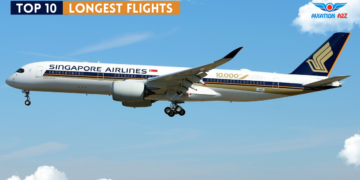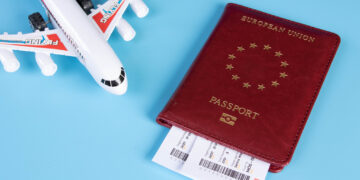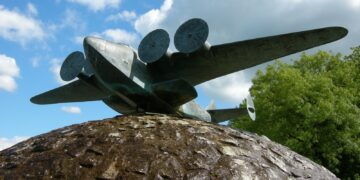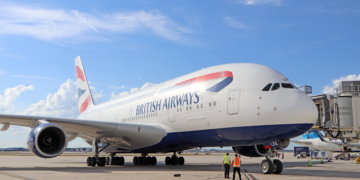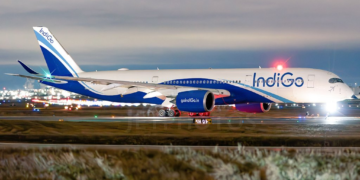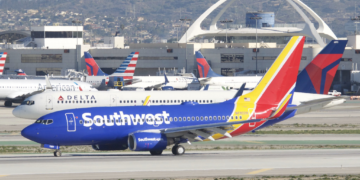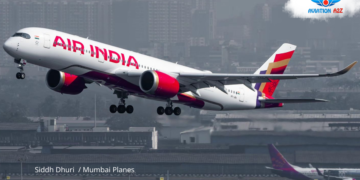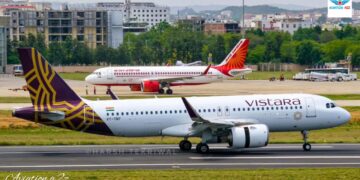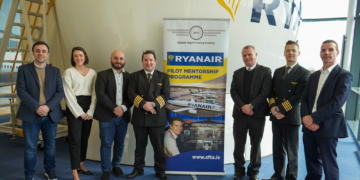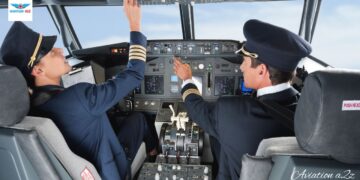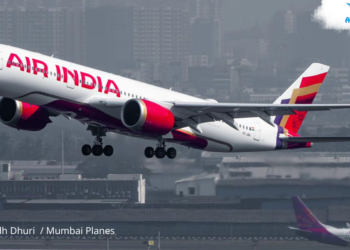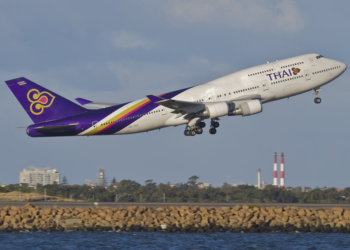Emirates, the largest international airline globally, has pledged to finance research and development (R&D) projects worth $200 million to reduce the carbon footprint of fossil fuels used in commercial aviation, subsequently by creating an Aviation Sustainability Fund.
The funds will be disbursed over three years. Further, Emirates will partner with leading organizations working on advanced fuel and energy technologies solutions.
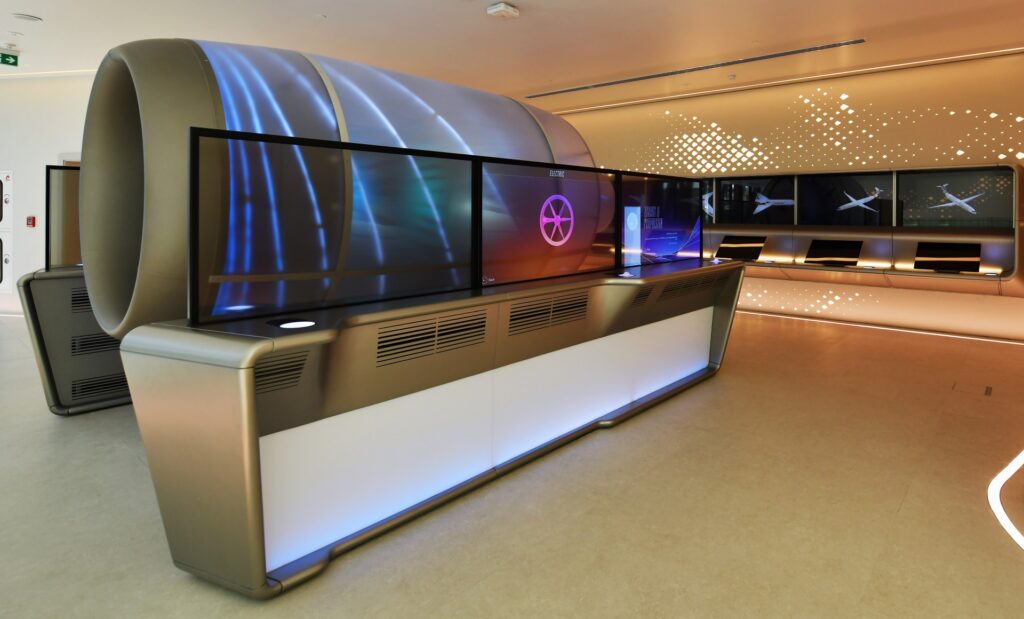
Emirates President Remarks on Aviation Sustainability Fund
Emirates President, Sir Tim Clark, announced the airline’s plan to invest US$200 million in advanced fuel and energy solutions for aviation to reduce the impact of fossil fuels.
The investment, which is the largest by any airline in sustainability, will be disbursed over three years. Further, it will target partnerships with organizations working on advanced fuel and energy technologies solutions.
Clark noted that commercial aircraft and engine technology, fuel supply chains, and industry regulations are the biggest impediments to reducing the environmental impact of airlines. He added that the airline aims to contribute meaningfully to practical solutions for the long-term sustainability of commercial aviation.
Sir Tim stated that Emirates will continue implementing environmentally responsible practices throughout their business until viable solutions are found.
These practices include uplifting SAF where feasible, ensuring efficient fleet operations, and inducting modern aircraft into their fleet.
The US$ 200 million fund will be used for R&D projects aimed at developing advanced fuel and energy solutions for aviation. With the aim of contributing meaningfully to practical solutions for the long-term sustainability of commercial aviation.
This fund is not for operating costs such as the purchase of SAF or carbon offsets to comply with regulations. Further, the Environmental Sustainability Executive Steering Group of Emirates will oversee the funds’ disbursement with technical experts’ support.
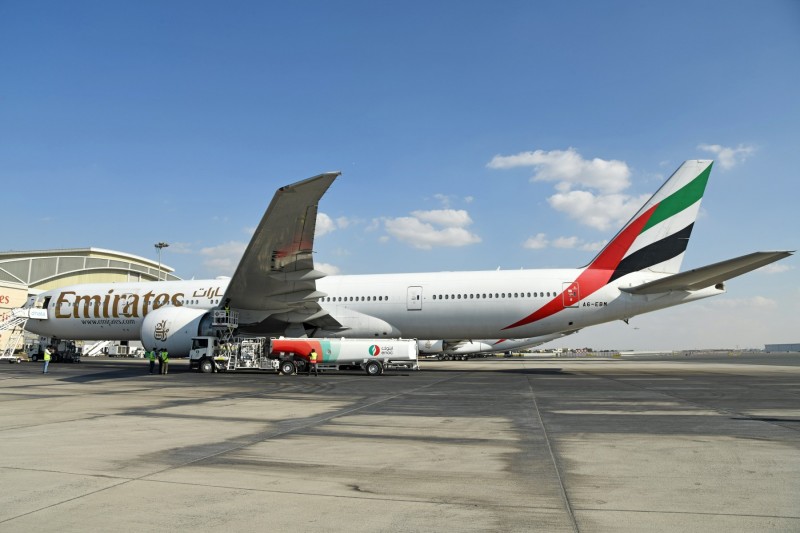
Reduction initiatives
Emirates’ environmental policy and strategy aim to reduce emissions, promote responsible consumption, and conserve wildlife and habitats. In January, Emirates successfully partnered with Boeing and GE to complete the first 100% SAF-powered demonstration flight.
Since its first SAF-powered flight in 2017, Emirates has actively participated in the SAF market. It has sought opportunities to use SAF in its network.
n spite of its efforts to increase its use of sustainable aviation fuel (SAF), Emirates faces a significant supply issue due to the limited availability of bio-based SAF, the only commercially available SAF.
According to the International Air Transport Association (IATA), the annual global supply of SAF is estimated to meet less than 0.1% of airlines’ needs. Nevertheless, Emirates continues to be actively involved in various industry working groups and stakeholder engagements on sustainable aviation fuel.
Recently, the airline contributed to developing the UAE’s power-to-liquid (PtL) fuels roadmap, launched in July 2022, and the UAE’s National Sustainable Aviation Fuel Roadmap, launched in January 2023 by the Ministry of Energy and Infrastructure. Emirates’ long-standing environmental policy focuses on emissions reduction, responsible consumption, and conservation of wildlife and habitats.
Emirates primarily focuses on reducing its emissions by investing in a modern and young aircraft fleet. The airline has placed an order for 200 of the most advanced wide-body aircraft, including Airbus A350s and 777Xs.
Through its comprehensive fuel efficiency program, Emirates actively investigates and implements ways to reduce unnecessary fuel burn and emissions wherever it is operationally feasible.
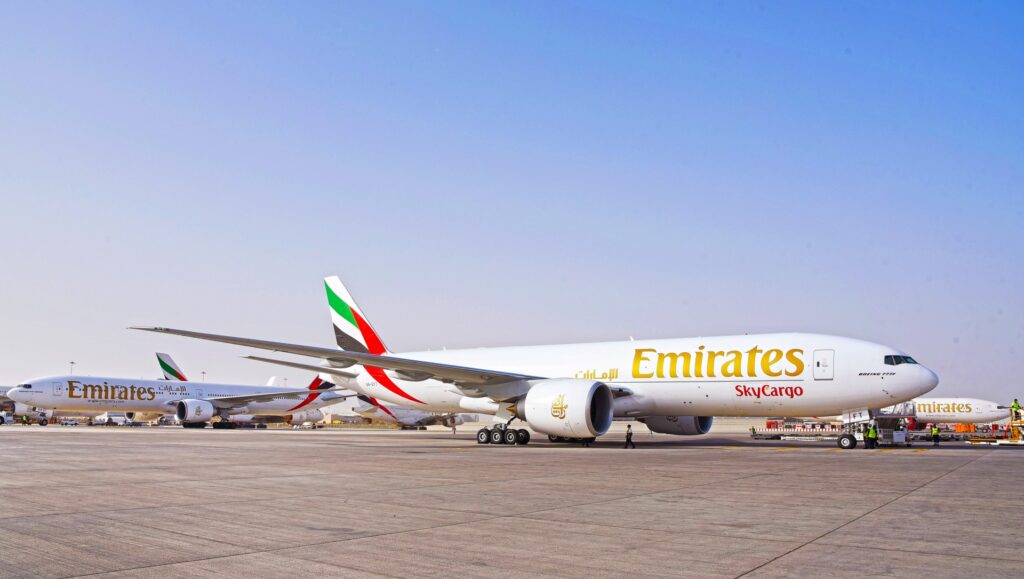
Emirates Sustainable Projects
The program includes various initiatives, such as the operation of “flex tracks” or flexible routings. In partnership with air navigation service providers, create the most efficient flight plan for each flight while taking advantage of natural tailwinds, avoiding headwinds and weather systems.
This routing system has been in place since 2003, and Emirates is working with IATA to make it a standard operating procedure worldwide. Additionally, Emirates introduces fuel-efficient practices while the aircraft is on the ground. Such as using ground power units instead of the aircraft’s Auxiliary Power Unit (APU). Subsequently, switching off one or two engines while taxiing in after landing.
Emirates allocates investments in renewable energy projects. Such as installing solar panels to power some of its operational buildings in Dubai. The airline also utilizes electric vehicles on both airside and landside operations.
Stay tuned with us. Further, follow us on social media for the latest updates.
Join us on Telegram Group for the Latest Aviation Updates. Subsequently, follow us on Google News.



